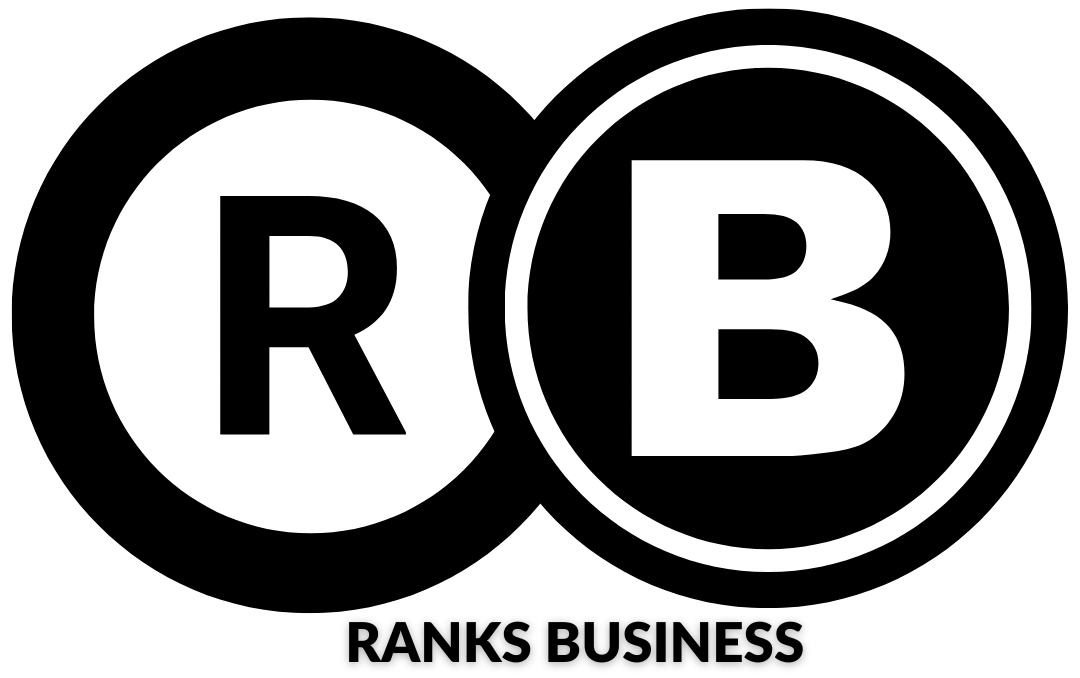Led by the services sector, Nigeria’s output expanded by 3.1 per cent last year, which aligns with the expectations of the market.
On its face value, the growth figure, which is about 0.5 percentage point higher than the population growth, suggests economic development is looking up.
But such an argument could be deflated by the sluggish growth recorded by the agriculture sector – a sector with 25.6 percent share of the gross domestic product (GDP).
Whereas the agriculture sector output rose by 1.88 per cent, financial services posted a yearly growth rate of 16.36 per cent.
Other sectors in the service economy such as transportation and information/communication similarly trumped the average growth. Transportation/storage and information/communication leapt by 15.2 per cent and 9.76 per cent respectively – which are way above the average growth.
Manufacturing, another critical sector in determining the inclusiveness of an economy, also posted a somewhat sluggish growth. Its 2.45 per cent increase is about 0.5 percentage points behind the economic growth.
Agriculture and manufacturing – the highest employers of labour – recorded slower-than-2021 growth when both posted over three per cent.
“Although the agriculture sector grew by 2.05 per cent in the reference period (Q4), its performance was significantly hampered by severe incidences of flood experienced across the country, accounting for lesser growth relative to the fourth quarter of 2021 which was 3.58 per cent,” the National Bureau of Statistics (NBS) said its GDP data released yesterday.
It also noted that the industry sector was yet challenged, recording -0.94 per cent growth and contributing less to the aggregate GDP relative to the third quarter of 2022 and the fourth quarter of 2021.
Last year’s output growth was 0.3 percentage points slower than that of 2021, which was 3.4 per cent. But reckoning with the negative base effect of 2020 compared with the strong position the economy bounced from in 2022, 2023 could pass as a modest performance.
With Q1’23 underway, economists have identified the downside of the naira redesign as a major risk that could weigh heavily on the economy this year. The crisis is expected to leave a huge gap in the quarter one growth data.
Commenting on last year’s data, an economist, Dominic Ipaiye, said the figures show that the effects of the flooding that took place last year are beginning to take a toll on the economy in real terms.
“The government failed to take steps to curb the floods last year. This has not been rectified as we go into another rainy season. What has the government done to mitigate flooding this year if it happens again? I think what we are doing as a people is to pray and sit down doing nothing. I do not think we can continue like this in this country,” he stated.
Also, the Chief Economic Officer of Dairy Hills Limited, Emmanuel Kelvin, identified the flooding as a major economic headwind, adding that external shocks from the Russia-Ukraine war and excessive borrowing are major challenges.
Emmanuel said Nigerians would continue to bear the impact of reckless borrowing by President Muhammadu Buhari’s administration for many years to come.
“The impact of these borrowing will be with us for the next which we are going to live with for several years. The headwinds from the post effects of flooding, the impact of an unsustainable debt load, and the rolling effect of the rushed demonetisation programme, will only seek to further reduce the quality of life of the average Nigerian when analyzed from a weighted average basis,” he said.

